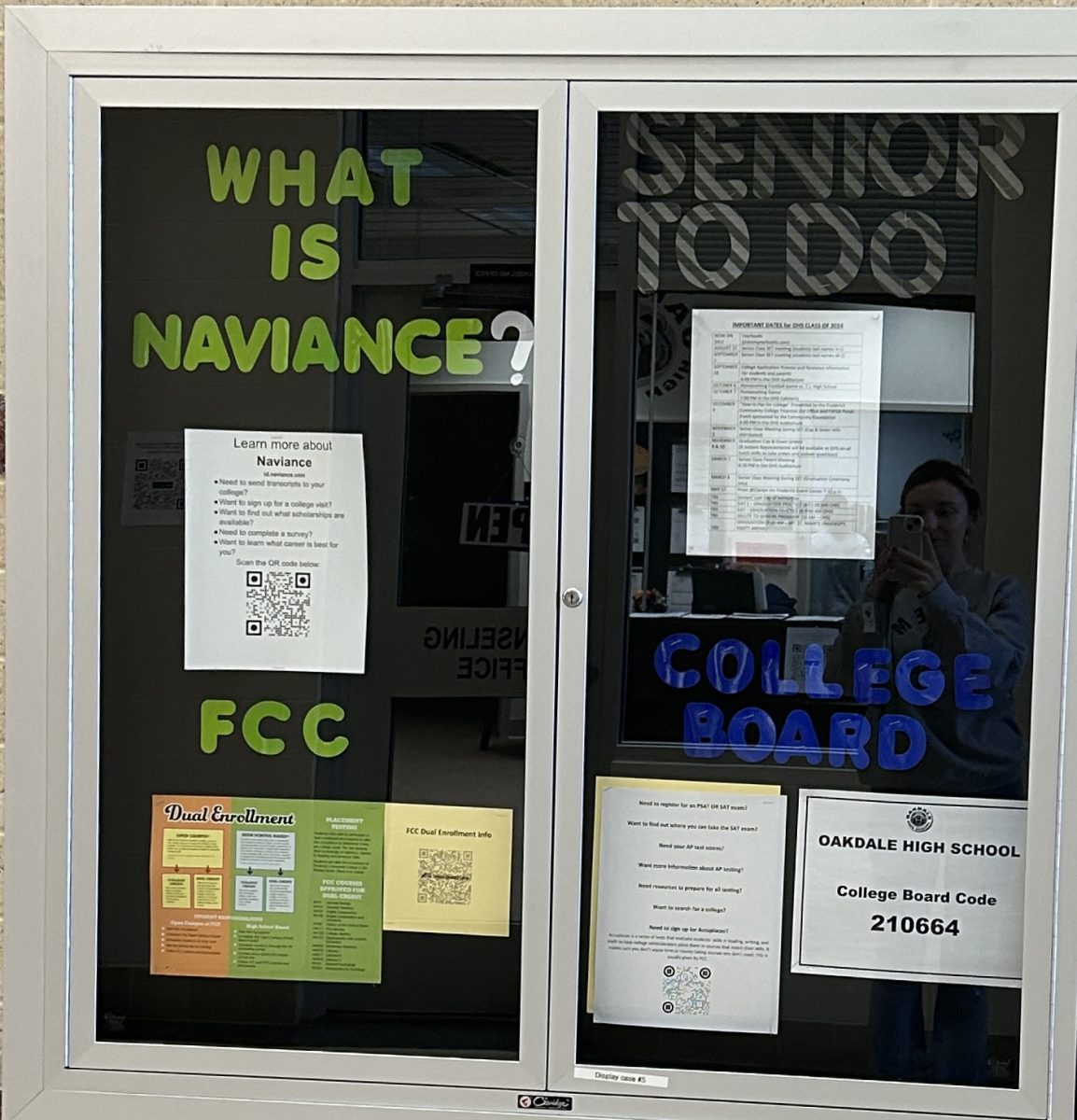In elementary school, we as children are asked what our dream job is. By the time we enter high school, we are expected to know what career we want to pursue. In today’s fast-paced world, there is an increasing pressure on teens to make this decision early, often before they even graduate high school. The expectation to have a clear vision of their future profession can be overwhelming and stressful.
The pressure stems from various sources, including societal expectations and parental influence. As a teenager, I already cannot keep count on how many times I’ve been asked what I will major in, or what job I want. What’s the problem with leaving these answers unknown? A career path should not be the number one thing on a 14-18 year olds mind.
The prevailing notion is that early specialization and focus on a particular field can lead to a successful and fulfilling life. There is a large emphasis on finding a specialty at a young age. This societal expectation can create immense pressure on teens, making them feel as though they are falling behind if they have not yet decided on their career path. When having a conversation with peers in school, some will hear about others career aspirations and feel as if they are unprepared. Even with college, select students start researching schools as early as middle school, while others wait until their senior year.
According to the National Center for Education Statistics, “about 80% of students in college end up changing their major at least once.” It has been proven that students who change their major have an 83% graduation rate, compared to the 17% who finished what they started with. I feel that while I have applied to college the last couple of months, there has not been communication to me that what I choose my major now is not what I will finish with.
Parents play a crucial role in shaping their children’s aspirations and expectations. While their guidance can be valuable, it can also intensify the stress on teens. Well-meaning parents may encourage their children to choose a specific career that aligns with their own ambitions or societal perceptions of success. A lot of the time, parents pressure their children into attending college at their alma mater. Consequently, teens may feel obligated to fulfill these expectations, even if it does not align with their true interests and passions. In honesty, when an interest stems from pressure, it is more than likely that the student will lose the drive for it over time.
It’s important to recognize that it is entirely normal for teenagers to be uncertain about their career goals. The journey to discovering one’s passion and purpose is a personal and evolving process. The statistics show that a substantial number of college students end up changing their majors, highlighting the fluidity of career choices and personal growth during the college years.
As we move forward, let us promote a more understanding and supportive environment for teenagers, allowing them the freedom to explore, make mistakes, and learn from their experiences. By easing the burden of early career decision-making, we can empower the younger generation to embrace their individuality, pursue their passions, and ultimately find genuine satisfaction and success in their chosen paths.
































